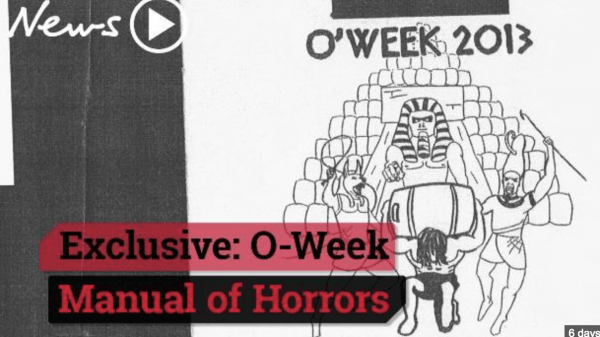Warning: This article contains information about sexual assault and suicide which may be distressing for some readers.
“I’m in her bedroom and I can’t take it anymore.”
These are the words my friend, *Sue, cried to me one night in February 1994, during the first week of her residency at St Mark’s College in Adelaide. She was in the dorm room that had once belonged to Allison Nitschke, an 18-year-old resident at the college who had been murdered in her room by fellow student, Alister Thompson, after an O’Week (orientation week) party in 1991.
The violent murder became the stuff of urban legend around campus. Details of the cruel, vile things that Thompson, in his drunken state, did to Allison’s young body, grew more ghastly each year. It was considered a given that the room was haunted.
But the stories told to Sue by college seniors in an attempt to unnerve her weren’t her biggest concern. No matter what had actually happened, at some point Allison had felt safe in that room. At some point she was happy there – excited about the adventure of university ahead of her. And then one night, her life was stolen from her. Her body was taken from the room and she was dumped in the Adelaide Hills.
She was a typical uni student one second. And the next, she was a murder victim.
Mia Freedman speaks to Kathy Kelly, the mother of Thomas and Stuart Kelly, on the loss of her sons. Post continues after…
And that’s what kept Sue awake at night. Sue had won a scholarship to stay at the college. She’d been allocated Allison’s room in the college dorms, and there was nothing she could do about it; except be very afraid.
Sue’s experience shaped the way she, and I, approached O’Week activities. Actually, it more than shaped it: it stopped us from participating. We didn’t attend any event, at all. We were two girls, on the cusp of our eighteenth birthdays, living away from home for the first time. We were terrified about campus life, and we had every reason to be.

